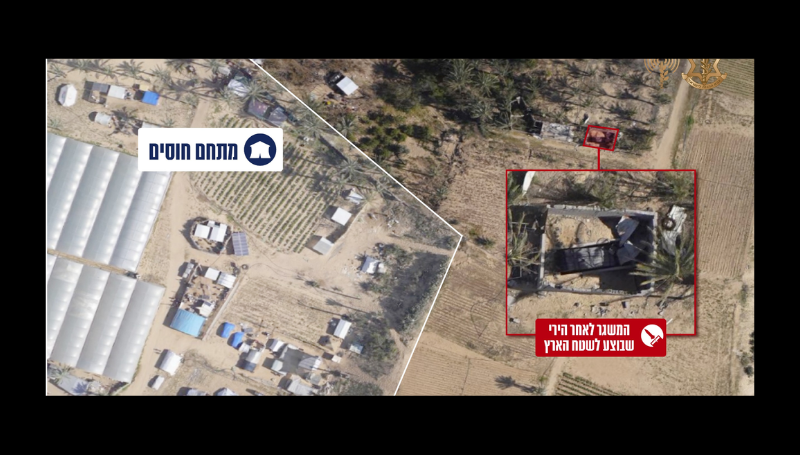Elliot Kaufman
WSJ, July 19, 2024
“It shouldn’t be a surprise that pressure on Hamas could yield gains in negotiations. Yet for months Western powers took the opposite approach, pressuring Israel to end the war and leave Hamas victorious.”
Something changed in Gaza. After months of rejecting Israeli cease-fire proposals and holding out for more concessions, Hamas has begun to offer concessions of its own. Israel is closer than ever to freeing many of its remaining hostages, and it has gained the leverage to demand terms that protect the strategic gains of the war.
If you believe the media drumbeat—that Israel’s war effort is futile, its strategy absent, and its political isolation growing—it’s impossible to account for the breakthrough. Why, after months of contemptuous stalling, did Hamas begin to bend?
“Two reasons,” says Israel Katz, Israel’s foreign minister, in an interview at the Journal’s office. “One, they understand now that there will be no cease-fire without a hostage deal. Two, the IDF is acting aggressively against the terrorists in Gaza. Especially important was entering Rafah,” Hamas’s stronghold at the southern end of the strip.
Israel cut off Hamas’s supply routes and now holds Hamas “by the throat,” as Prime Minister Benjamin Netanyahu recently put it. Senior terrorists are dropping at a faster clip as Israeli intelligence closes in; half of Hamas’s military leadership has been eliminated. Even after a large Israeli bombardment to kill Hamas’s military chief, Mohammed Deif, who is considered unlikely to have survived, Hamas barely attacked in response and rushed to clarify that it isn’t leaving negotiations. “Hamas is under much more pressure now,” Mr. Katz says. “That’s what made the difference.”


